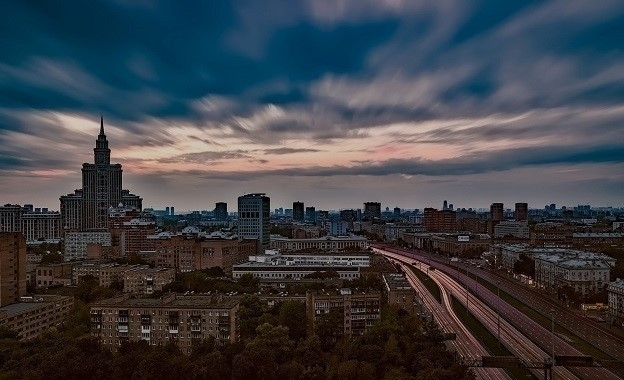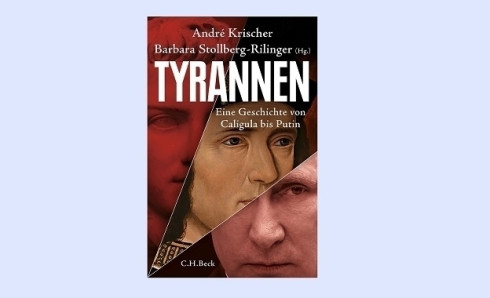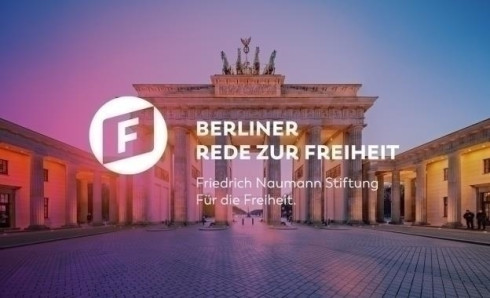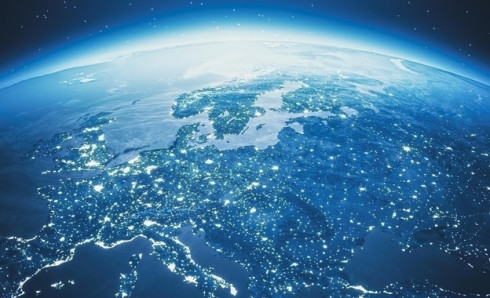In the shadow of the Kremlin
This is a cooperation event between the Ukrainian Security and Cooperation Center, the Gesellschaftswissenschaftliches Institut München für Zukunftsfragen (GIM), the Friedrich Naumann Foundation for Freedom and the Thomas Dehler Foundation.
For years, the Kremlin has tried to influence public opinion and political decision-making in Western countries. Since the start of the war against Ukraine in 2014, this has increasingly escalated into a hybrid war with disinformation campaigns, cyberattacks, infiltration and other influence operations.
After Russia launched the full-scale invasion of Ukraine, Moscow was surprised not only by the successful resistance of Ukrainians, but also by the unity of the West. Russia's goal is to destroy this unity. It fuels distrust of governments that side with Ukraine and supports radical movements and populist parties, which in turn find an ally in Russia. In Germany, for example, this is the Sahra Wagenknecht alliance, but especially the AfD: many politicians in this party question the sanctions and Ukraine policy, express sympathy for Russia and criticism of the USA and NATO and favour a “Eurasia” oriented towards Russia. They repeatedly staged rapprochement with Russian state power and acted as “election observers” to legitimize sham elections. AfD politician Petr Bystron recently hit the headlines because of allegations of accepting money from a pro-Russian platform. On the other hand, the Kremlin also courts politicians who, out of old ties to Russia or economic interests, maintain a misunderstood dialogue or want to implement projects with Russia: the best example is the Nord Stream 2 pipeline project.
At the event, our experts will discuss the prerequisites, means and consequences of Russia's influence in Germany and how politics and society can counteract it.
The event will be held in English.
Guests
Stephan Thomae MdB
is Parliamentary Managing Director of the FDP parliamentary group. In the Bundestag, he is also chairman of the committee for election verification, immunity and rules of procedure as well as a full member of the Domestic Affairs Committee and the council of elders. He is also deputy chairman of the German-Ukrainian parliamentary group. Stephan Thomae studied history and law in Munich and Speyer and has been working as a lawyer and specialist lawyer in Kempten since 1998.
Marcus Bensmann
reported for German, Swiss and Japanese media for 20 years from Central Asia, the Caucasus, Afghanistan, Iran and Iraq. His topics in Central Asia and the Caucasus were abuse of power and corruption as well as the cooperation of the German federal government and the EU with the despots. Bensmann has been active for the research network CORRECTIV since 2014. Among other things, he researched the shooting down of flight MH-17 and AfD financing. He was the author of the CORRECTIV study “Alternative for Russia: How the AfD is systematically oriented towards Russia”, and he was also involved in the CORRECTIV research “Secret plan against Germany” about the secret meeting near Potsdam in November 2023.
Olesia Horiainova
is co-founder and deputy director of the Ukrainian Security and Cooperation Center (USCC) in Kyiv. She took an active part in the Revolution of Dignity and is press secretary of the 14th Maidan Self-Defense Hundred. She was involved in reforms in the medical field and in the field of national security in Ukraine. For the USCC, she researches Russia's hybrid war in Ukraine and, together with her team, analyses hybrid Russian influences in the West and how they can be counteracted. The USCC works with the General Staff and the Ministry of Defense of Ukraine.
Roland Preuß
works as an editor in the SZ parliamentary office in Berlin. For Süddeutsche, he accompanied a number of integration and Islam summits, researched the Guttenberg, Schavan and Weidel plagiarism cases and discussed some of the upsetting aspects of education policy. In federal politics, he observes the AfD, which has repeatedly attracted attention due to its proximity to Russia and its pro-Russia positions. He also deals with labor market and social policy.
In the shadow of the Kremlin
How Russia tries to influence politics and public opinion in Germany
Veranstaltungsart
Webtalk
Zeit22.04.2024 | 19:30 - 21:00
VeranstalterLandesbüro Bayern






